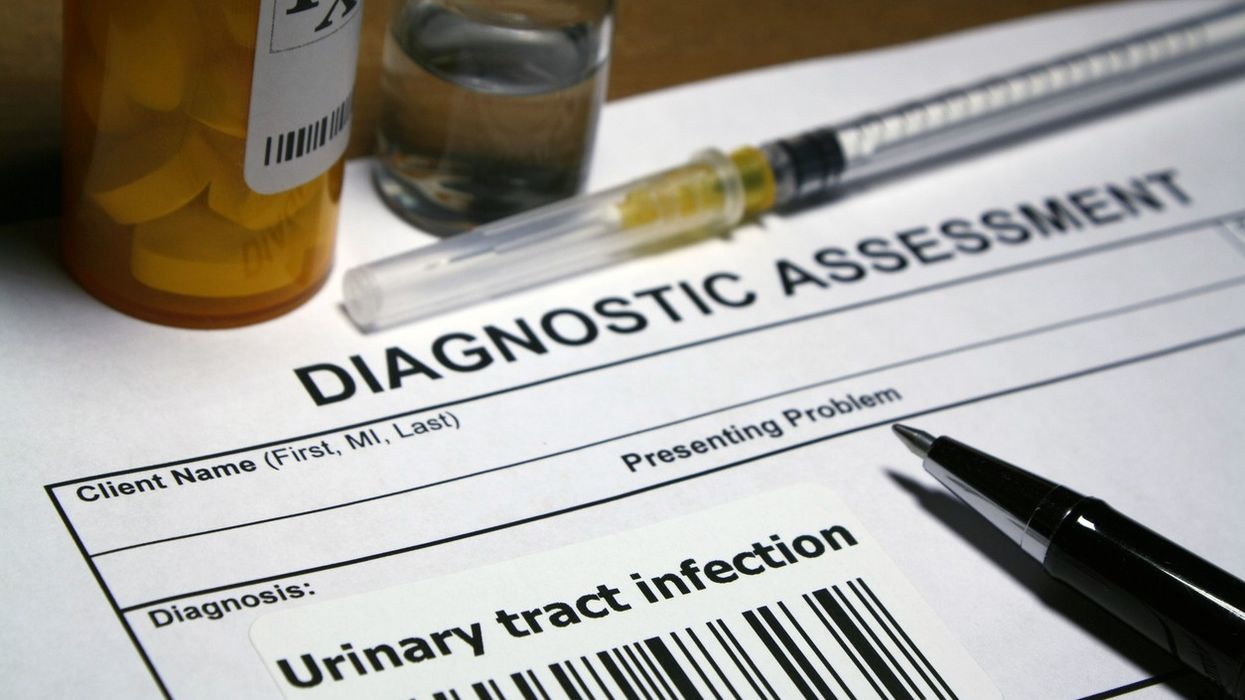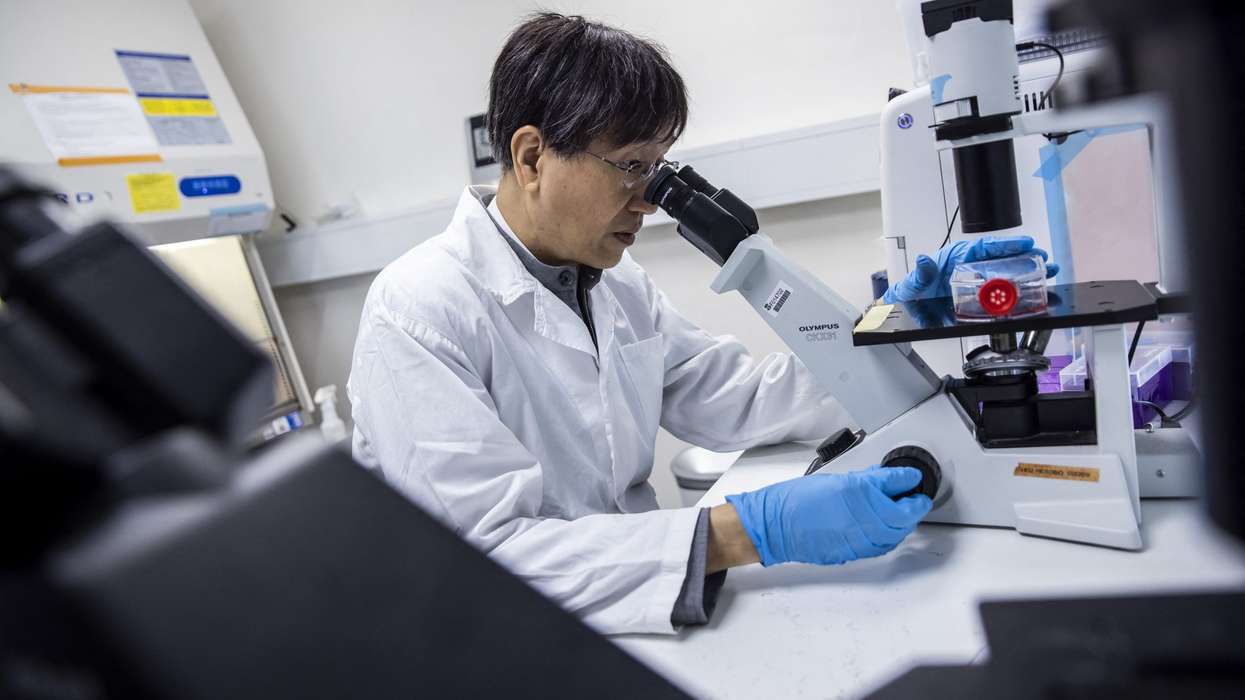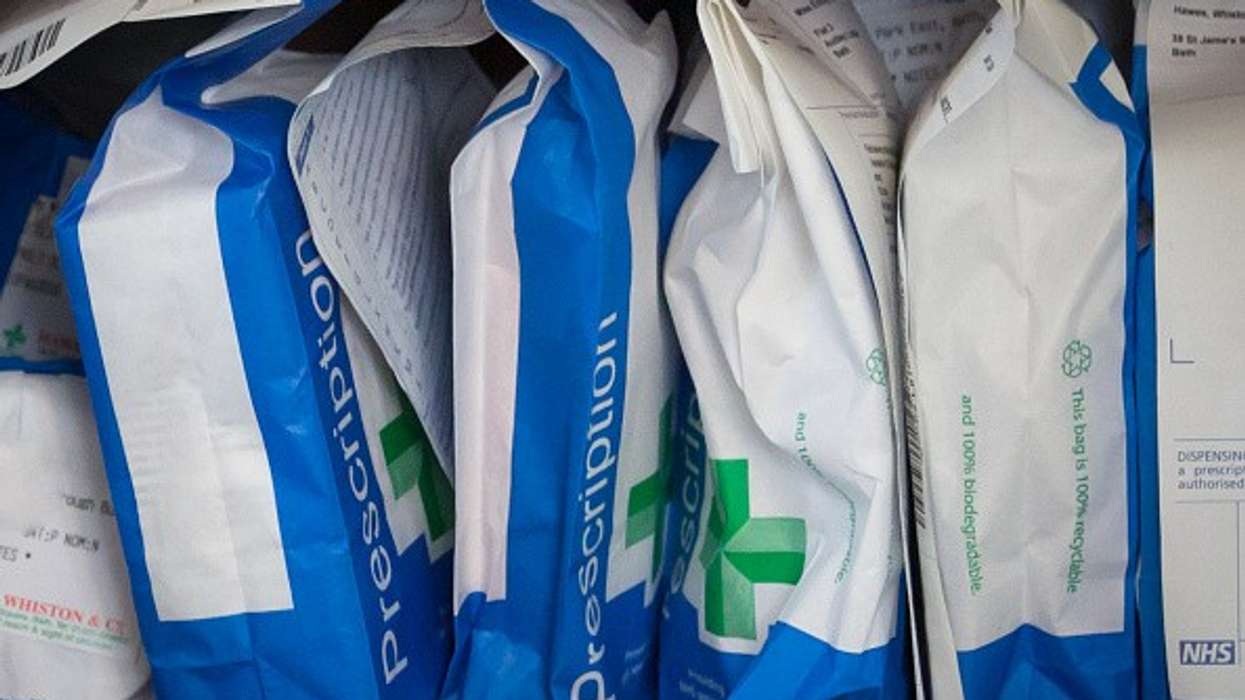Key Summary
- UTIs occur when bacteria enter the urinary system, including the urethra, bladder, or kidneys
- To prevent UTI, drink enough fluids, avoid holding urine, maintain good personal hygiene, and keep genital areas clean and dry
- Healthcare experts feel that preventing UTIs is important, as excessive use of antibiotics drives resistance in bacteria
A study by the UK Health Security Agency (UKHSA) has found that treating urinary tract infections (UTIs) cost NHS hospitals in England an estimated £604 million in 2023-24.
UTIs occur when bacteria enter the urinary system, including the urethra, bladder or kidneys, and those above 50 are more prone to it.
Most lower urinary tract infections (those in the urethra or bladder) cause mild discomfort and go away on their own, or may require a short course of antibiotics.
However, some can progress to more serious infections, including upper urinary tract infections affecting the kidneys, leading to bloodstream infections and sepsis.
The study also pointed out that there were nearly 200,000 UTI-related patients, and this included infections acquired in both community and hospital settings.
Those admissions resulted in 1.2 million bed days, averaging 6 bed days per infection.
As per the findings, 52.7 percent of admissions were patients aged over 70, and out of which 61.8 percent were women.
Among those under 50, women were nearly five times more likely to require hospital treatment for a UTI (24.7 percent female compared to 5.3 percent male).
However, among those above 50, this ratio levelled out. This highlights the need for men over 50 to also pay attention to urinary symptoms and seek early treatment to avoid hospitalisation.
To reduce the risk of catching a UTI, people need to drink enough fluids, avoid holding urine, maintain good personal hygiene, and keep genital areas clean and dry.
Healthcare experts feel that preventing UTIs is important, as they are often treated with antibiotics, which drives resistance in bacteria.
Reducing the number of UTI infections means bacteria will have less chance to develop this resistance, helping to keep antibiotics working for a longer period.
UKHSA Head of Infection Prevention and Control Dr Joanna Harris said, "It’s really important that nurses, midwives and social care workers have the knowledge and tools to reduce the risk of UTIs occurring. When a UTI is suspected, their promotion of early and accurate diagnosis can enable timely and appropriate treatment."
Role of pharmacies
National Pharmacy Association chair Olivier Picard said simple behaviour changes can help prevent UTIs.
In case of early symptoms, people can be quickly and safely treated in their local pharmacy without having to visit their GP or A&E under the Pharmacy First scheme.
"Our analysis shows at least 6 million hours in A&E were taken up last year by patients with issues that could have been treated in a community pharmacy, costing the NHS at least £250 million a year," he said.












